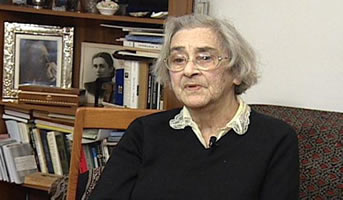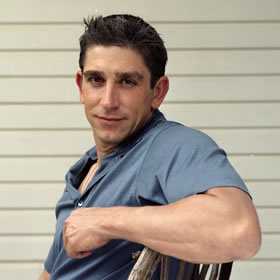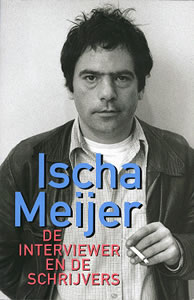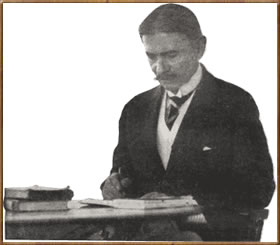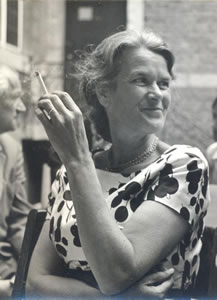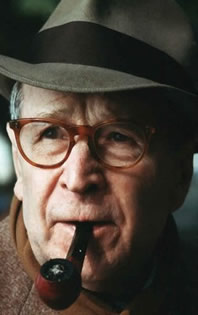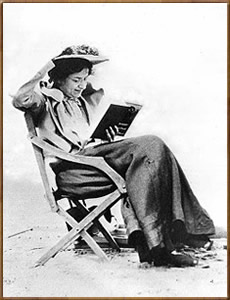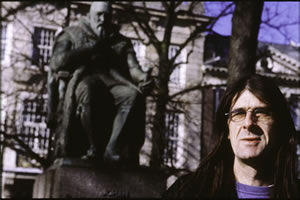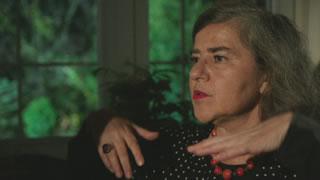De Canadese schrijfster Chrystine Brouillet werd geboren op 15 februari 1958 in Loretteville, Quebec. Zie ook alle tags voor Chrystine Brouillet op dit blog.
Uit: Chère voisine
„Louise était déjà réveillée quand le réveil sonna. Puisque c’était lundi. Le lundi, le mercredi, le jeudi, le vendredi et le dimanche, ses chats la réveillaient vers six heures et demie. Juste avant la sonnerie. Les chats devaient probablement la réveiller les autres jours, mais elle se rendormait aussitôt sachant qu’elle n’allait pas travailler. C’était agréable comme première sensation dans une journée que la caresse d’une patte de velours sur sa joue; Mozart s’étirait, s’étirait sur le bord du lit, lui touchait le visage ou le bras. Louise laissait souvent pendre un bras hors des couvertures. Le chat s’exécutait sous l’oeil attentif de Tia Maria ou Rose ou Minette; elle n’avait pas encore choisi définitivement le nom de la chatte. Ils miaulaient en choeur. Leur maîtresse se levait, trébuchait souvent sur le tapis ou sur le téléphone, se dirigeait au radar dans la cuisine où, même si l’odeur l’écoeurait, elle ouvrait une boîte de nourriture pour chats. Au moins, à Noël, elle avait reçu en cadeau un ouvre-boîte électrique, c’était moins déprimant que de se battre avec un ouvre-boîte manuel qui n’ouvrait même pas tout compte fait. Elle écartait les chats du bout de ses pieds nus; le même drame avait lieu chaque matin, ils se précipitaient comme si ça faisait vingt-cinq mille jours qu’ils n’avaient pas mangé. C’était assez impatientant. Puis Louise allait se recoucher dix minutes. Jouissant et désespérant à la fois de ces derniers instants de sommeil. Pas de vrai sommeil, de rêve plutôt. Il faisait toujours beau dans ses rêves.“
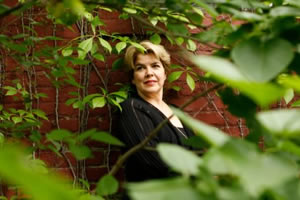
Lees verder “Chrystine Brouillet, Hans Kruppa, Douglas Hofstadter, Elke Heidenreich, Demetrius Vikelas”

